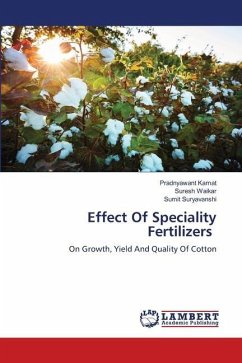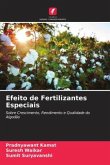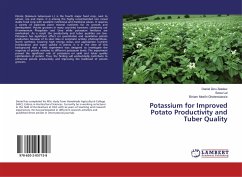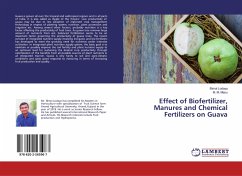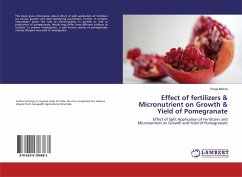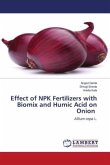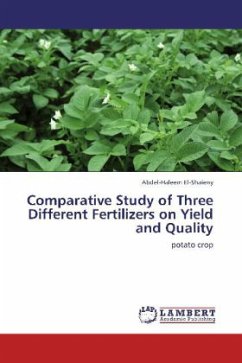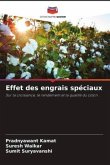Cotton (Gossypium spp.) enjoys a pre-eminent status among all the commercial crops in the country, being the principal raw material for flourishing textile industry. Cotton industry provides livelihood to about sixty million people. It is an important agricultural commodity providing remunerative income to millions of farmers both in developed and developing countries. In India, in spite of several competitions from synthetic fibers in recent years, it is occupying a premiere position with 70 per cent share in the textile industry. Foliar feeding with plant nutrients gives quick benefits and economizes nutrient element as compared to soil application. Foliar feeding is often effective when roots are unable to absorb sufficient nutrients from the soil due to high degree of fixation, losses from leaching, low soil temperature and lack of soil moisture. In cotton, flowering is a continuous process. However, all flower produced are not retained and harvested. About 40 to 50 per cent of flowers and bolls will shed due to bollworm attack or nutritional or moisture stress.
Bitte wählen Sie Ihr Anliegen aus.
Rechnungen
Retourenschein anfordern
Bestellstatus
Storno

